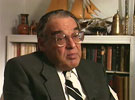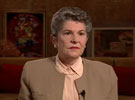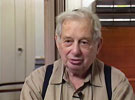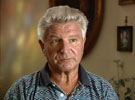Würzburg Before the Holocaust
Society, Welfare and Religion
The rabbinate of Würzburg was responsible for 18 communities. From 1920, Rabbi Dr. Sigmund (Shimon) Hanover was chief rabbi of the district. The chairman of the committee of the Jewish community was Gershon Haas; his deputies were Ignaz Rindskopf and Sigmund Seligsberger. They served the community, and tried to represent it as best they could even during the Nazi period.
About a third of the budget of the Jewish community in Würzburg was allocated to educational and welfare needs. There were seven charitable organizations which operated in the city, under the supervision of the Jewish Welfare Office; alongside these organizations were also 15 funds for the support of the needy. The charitable institutions included free loan societies for smalltime traders and manufacturers, as well as foundations for the support of needy students and teachers. A special department, charged with aiding the middle class, also operated under the supervision of the Jewish welfare office. The budget for this department was obtained by levying a special emergency tax, raising the community dues, and from private donations. This department helped some one hundred families with foodstuff, clothes, and timber for heating. The department also opened a kosher public kitchen, which distributed meals to the needy at reduced prices or for no charge.
The charitable organizations helped the members of the community as well as Jewish guests and visitors who required assistance. The city housed a Jewish hospital, which included a department for elderly and terminally ill Jewish patients from across Bavaria. This department was supervised by the Bavarian Union of Jewish Communities. The Jewish Women’s Union of Würzburg operated an employment agency in the city, giving professional advice to Jewish women. The charitable institutions also supported religious activity: the Jewish community operated two synagogues – one for immigrants from Eastern Europe – as well as a community center, a ritual bath and a cemetery.











